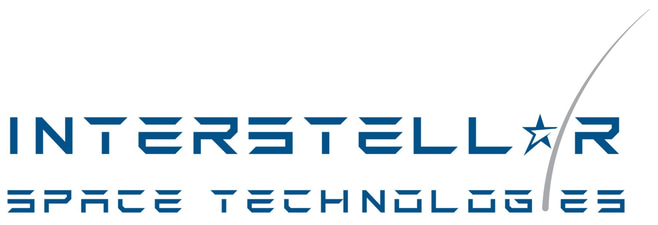Breaking Free from Gravity's Tyranny!
Imagine this: the spacecraft and everything within it are constantly falling toward Earth, but their sideways velocity keeps them perpetually missing the ground. This continuous celestial dance results in a near-weightless environment, where objects float freely, unburdened by the full force of gravity. We face unique challenges in this environment, but we also have exciting opportunities.
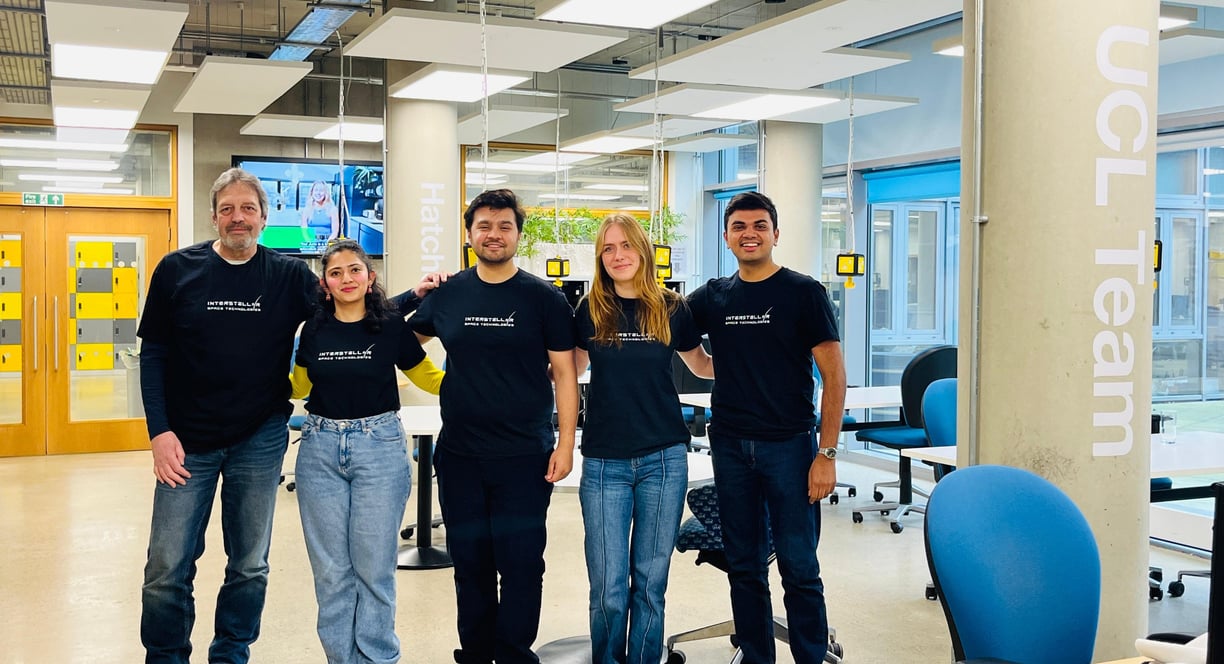

In-Space Manufacturing for Earth
Interstellar Space Technologies is pioneering the future of advanced manufacturing by developing autonomous, space-based factories in Low Earth Orbit. Leveraging the unique advantages of microgravity—such as the absence of buoyancy, convection, and sedimentation—we enable the production of high-performance materials, including next-generation semiconductors, that surpass Earth-based capabilities. Our modular and scalable spacecraft platform operates without human presence, facilitating continuous manufacturing in orbit and efficient transport of finished materials back to Earth.
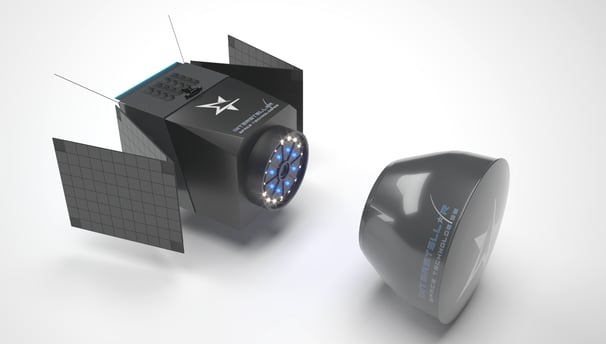

In-Space Debris Recycling
As humanity builds increasingly complex infrastructure in orbit, the need for sustainable space practices has never been greater. Today, over 36,000 pieces of tracked debris orbit Earth—posing a growing risk to satellites, stations, and future missions. At Interstellar Space Technologies, we’re challenging the conventional approach of deorbiting and disposal. Instead, we ask: what if space debris could become a valuable resource? By pioneering technologies that support the identification, processing, and repurposing of in-space materials, we aim to reduce dependence on Earth-based supply chains and promote self-sustaining orbital ecosystems.
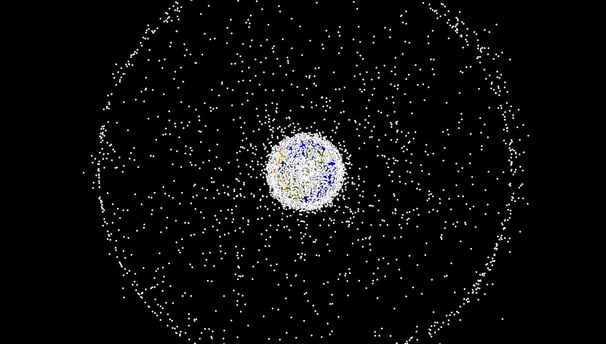

Building next generation in-space manufacturing facilities to enable manufacturing and construction in space at scale
Microgravity
Achieve more homogeneous material structures.
Uniformity
Crystallization
Enhance the growth of purer and larger crystals.
Isolation
Perform materials processing without interference from sedimentation or buoyancy, ensuring unaltered results.
Fluid Dynamics
Observe and utilize altered fluid behaviors for better process control.
Innovative Assembly
Enable new ways of assembling components that are not possible under Earth's gravity.
High-purity Vacuum
Material Integrity
Improve the structural integrity of materials by eliminating atmospheric impurities during synthesis.
Thermal Control
Exploit the vacuum for efficient thermal management in manufacturing processes, crucial for high-precision engineering.
Deposition Techniques
Enhance thin-film deposition capabilities, critical for electronic and optical components.
Welding and Bonding
Enable new forms of welding and bonding metals without oxidation, creating cleaner and stronger joints.
Partnerships and Supported by



















Latest Updates from Orbit
Stay up to date with our latest breakthroughs, mission updates, and innovations in in-space manufacturing.
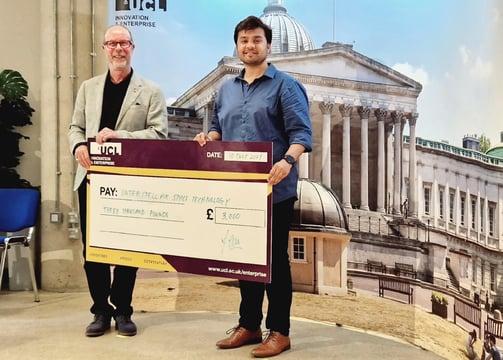

UCL Hatchery Startup of the Year award
Winner of the prestigious UCL Hatchery Startup of the Year award.
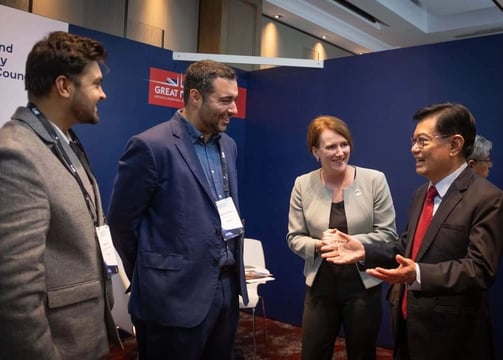

UK Delegation to GSTC Singapore
As a part of the UK delegation, met Deputy Prime Minister of Singapore during the Global Space & Technology Convention in Singapore, alongside the British High Commissioner to Singapore.
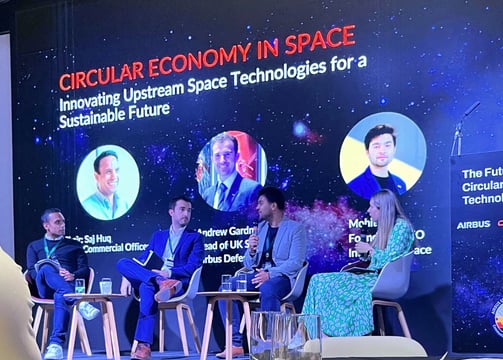

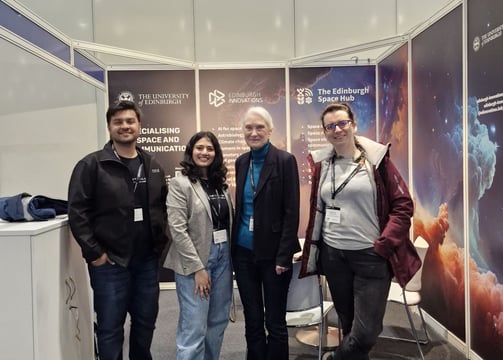

Panel - Circular Economy in Space
Spoke on a panel at The Future of Circular Space Technology event at Plexal, London led by Airbus Defence and Space Ltd.
Green Toolkit at Space-Comm Expo
Showcased The Green Toolkit for Space at Space-Comm Expo in London with our partners from The University of Edinburgh
Get in Touch with Us


